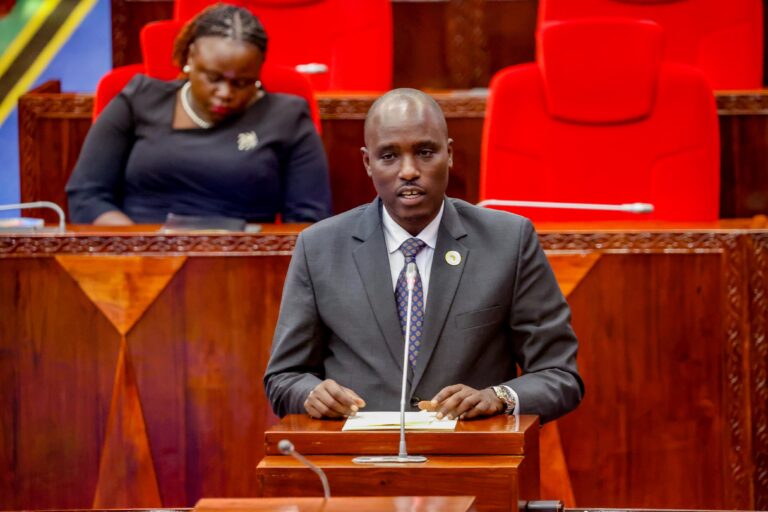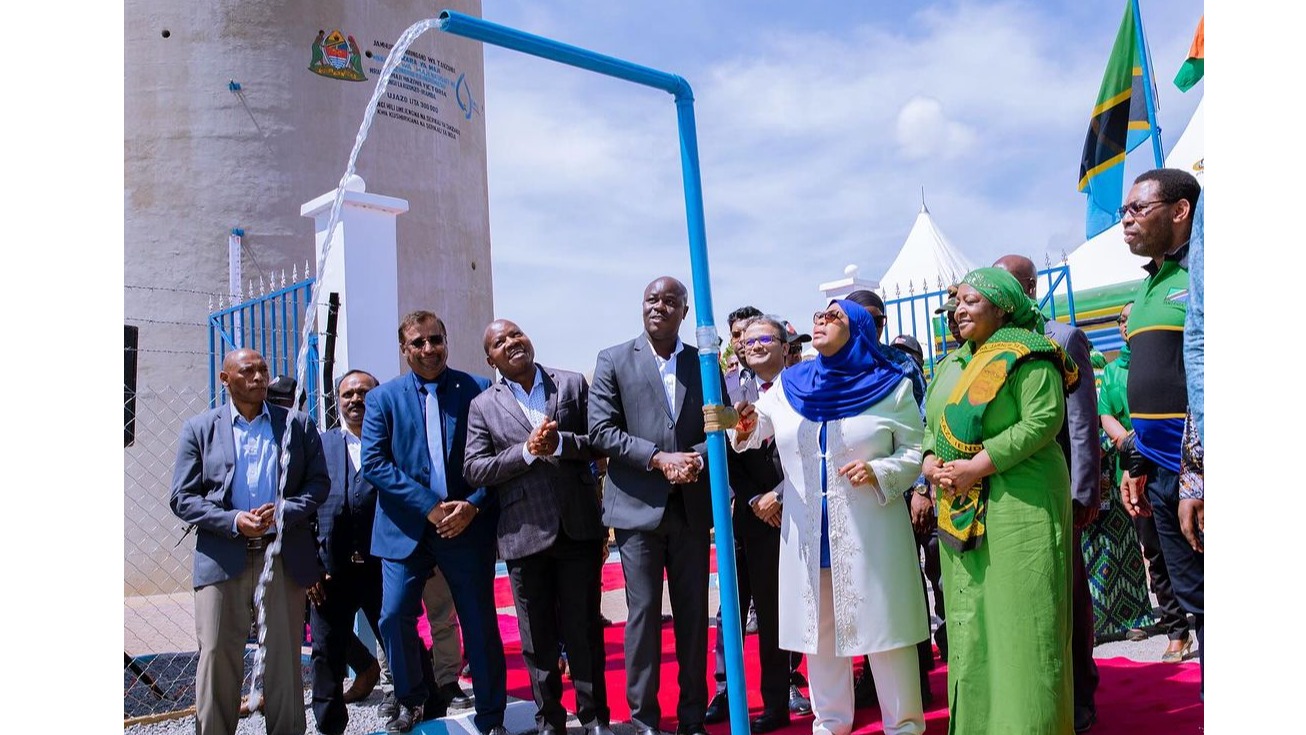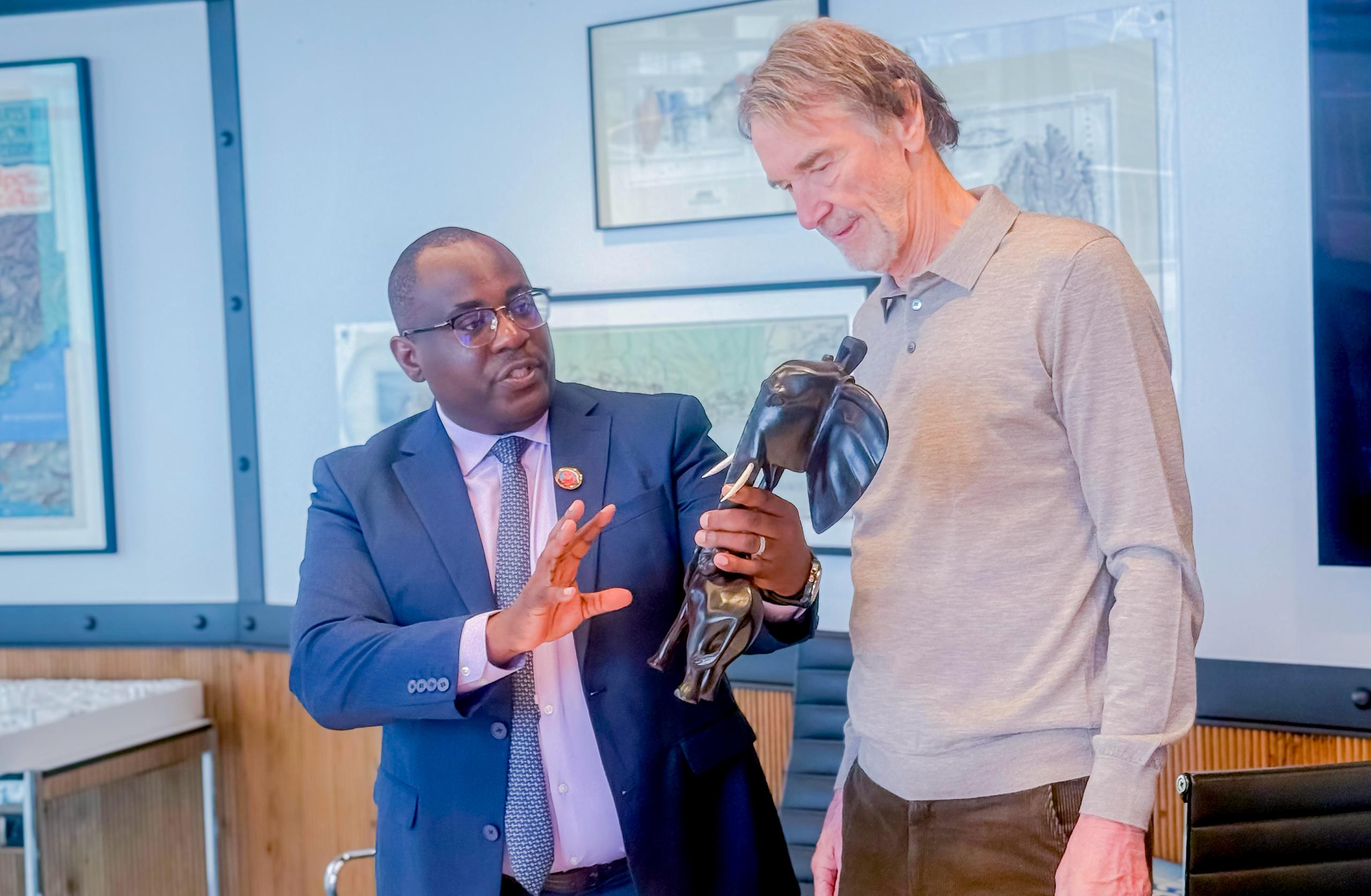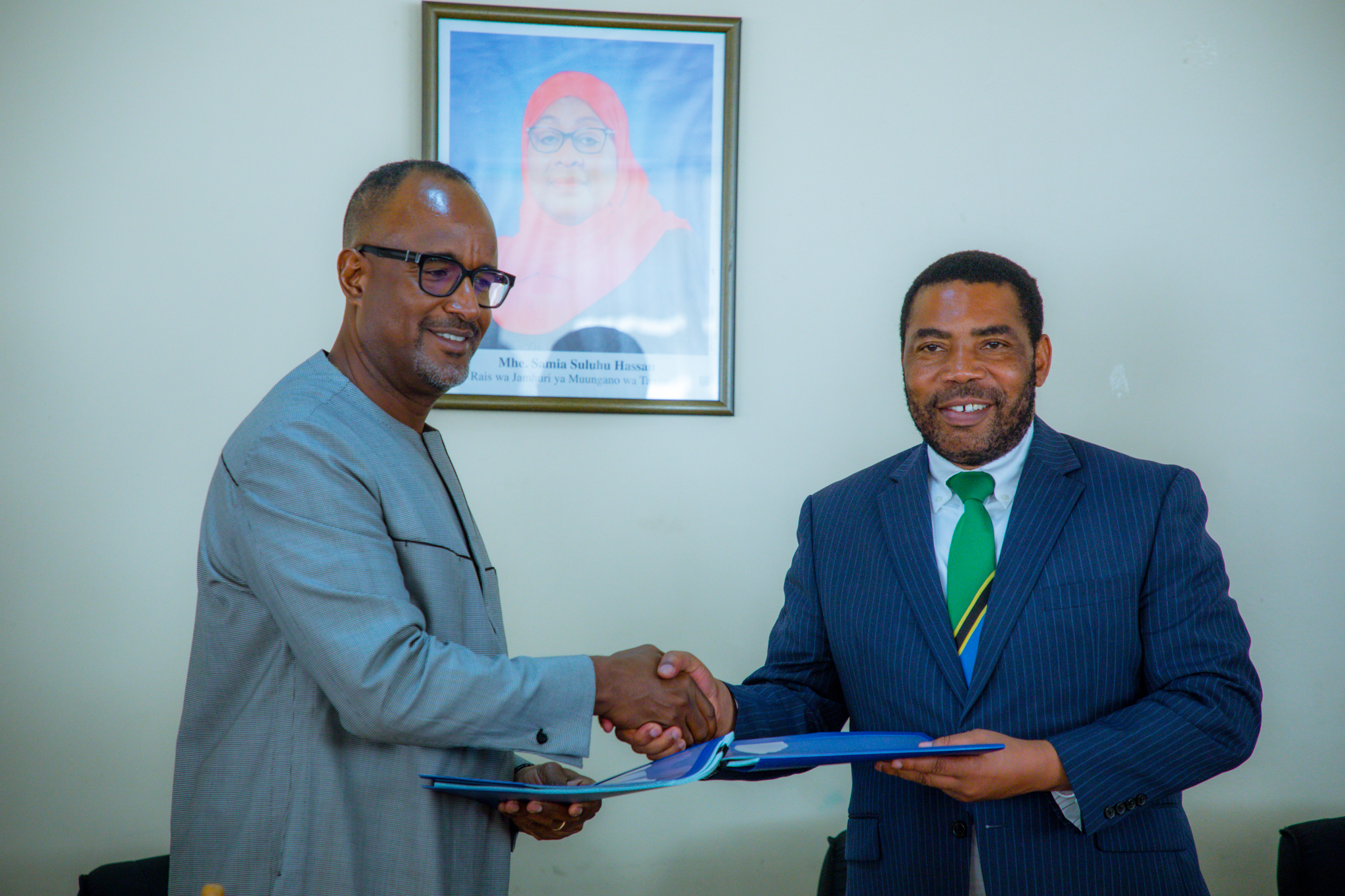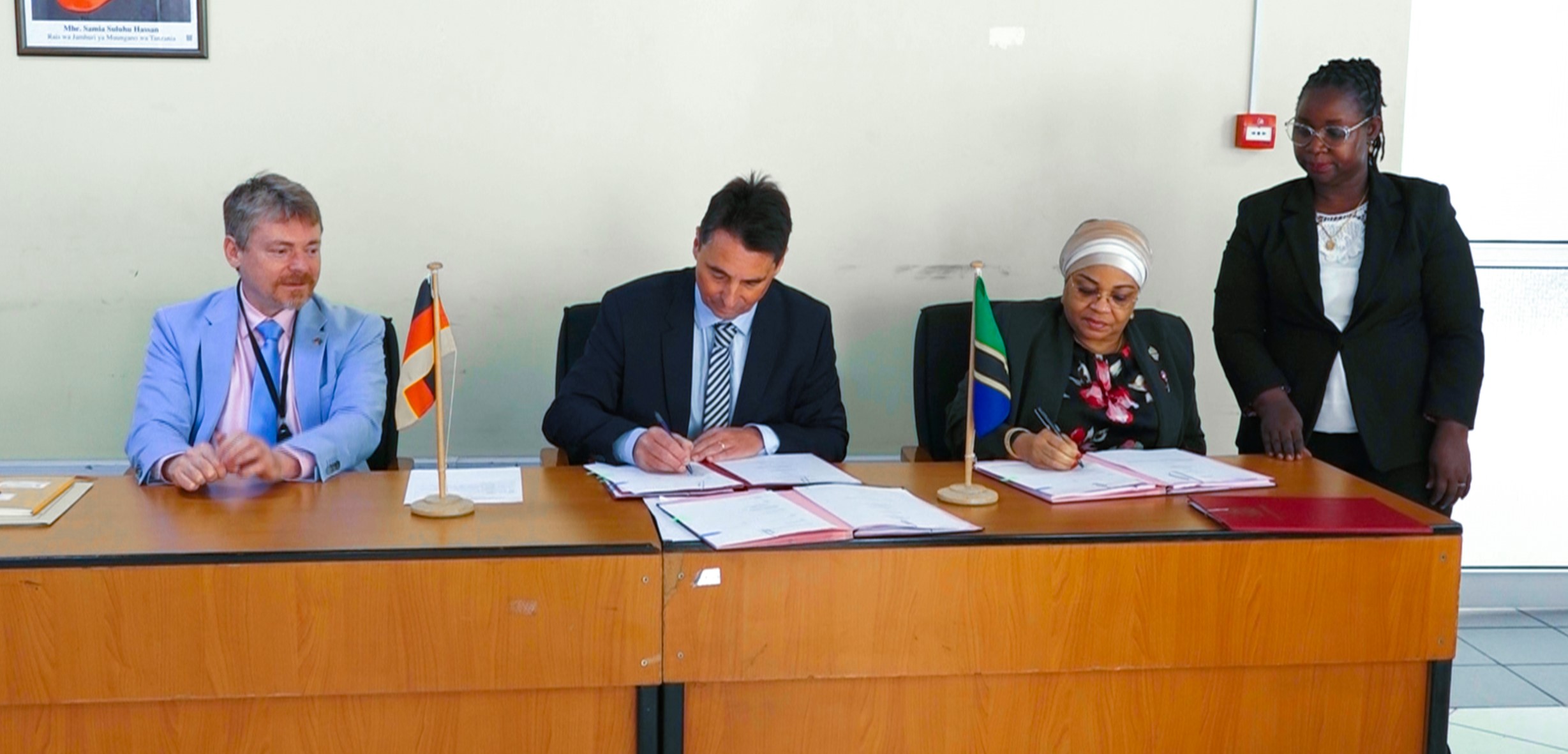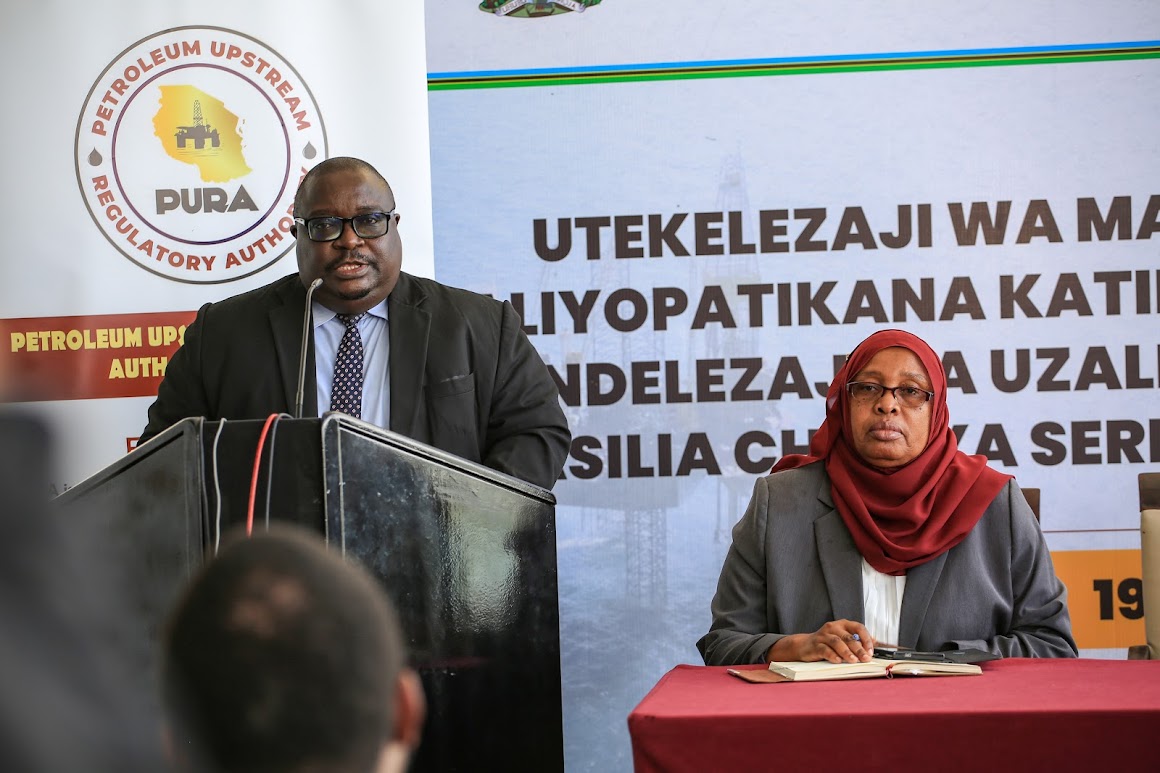Dodoma. The Government of Tanzania is expected to sign the long-awaited agreement for the $42 billion Liquefied Natural Gas (LNG) processing and production project within 2025, provided the remaining three issues with investors are resolved.
These outstanding matters, as outlined by Deputy Prime Minister Dr Doto Biteko, include the government’s demand that at least three percent of the produced gas be reserved for domestic use, a requirement for the consortium to utilize local content, and the use of insurance companies registered in Tanzania.
The consortium leading the negotiations includes Shell Plc, Equinor ASA, and Exxon Mobil Corp.
Dr Biteko, who also doubles as deputy minister for Energy, confirmed this while addressing Parliament late Tuesday, April 29, 2025, during the energy sector budget session.
He emphasized that while the government is eager to see the LNG project take off due to its enormous economic potential, national interests remain paramount.
“The LNG project has been in discussion for a long time. Everyone wishes it had been completed yesterday, but we must agree that in-depth negotiations with investors are necessary to ensure the project benefits the country,” he told Parliament.
“What I want to assure you is that the Government’s negotiation team and the investors are still in talks, and we expect that within 2025, if we resolve the remaining three issues, the agreement will be signed and implementation will begin immediately.”
Tanzania is determined not to repeat past mistakes of entering extractive sector agreements that failed to benefit the country, which is why the government needs sufficient time to negotiate a deal that maximizes national interest.
He noted that President Samia Suluhu Hassan is highly committed to the project and has directed the Energy Ministry to ensure its execution starts as soon as possible.
Tanzania, like neighboring Mozambique, has made significant natural gas discoveries over the past two decades. However, development has been delayed due to commercial and regulatory hurdles.
The LNG project, which includes connecting offshore gas fields to a coastal export terminal, has been under consideration for over a decade.
The project gained momentum in 2023 after President Samia expressed her support and key agreements were reached on the Host Government Agreement (HGA) and amended production sharing terms. Talks have since slowed as final details remain under negotiation.
Push for broader use of natural gas
Responding to concerns about the growing number of fuel stations being constructed in close proximity to each other, Dr Biteko said the Ministry of Energy has initiated discussions with the Ministry of Lands to review the current 200-meter spacing rule between fuel stations, aiming to enhance public safety, protect the environment, and reduce social risks.
He further highlighted government efforts to promote Compressed Natural Gas (CNG) usage and investment.
He revealed that the government has already waived Value Added Tax (VAT) on equipment and machinery used in CNG value chains, including gas cylinders and vehicle conversion kits.
Additionally, in the 2024/2025 fiscal year, the Ministry of Energy submitted further tax reform proposals to the Ministry of Finance aimed at encouraging more investment in CNG projects, allowing investors to recoup their costs more quickly.
Rural electrification and grid expansion
On rural and urban electricity connection costs, Dr Biteko announced that a special team has been formed to explore ways of reducing those costs and bringing relief to citizens.
He proudly stated that under President Samia’s leadership, the government has achieved its target of bringing electricity to all 12,318 villages outlined in the 2020 CCM manifesto, with efforts now focused on electrifying hamlets.
Speaking on national grid expansion, he said the government is constructing electricity transmission infrastructure to connect regions not yet linked to the grid.
Key transmission projects currently underway include the Iringa–Tunduma–Rukwa line, which aims to connect the Rukwa region to the national grid.
In the southern zone, the government has begun constructing the Songea–Tunduru–Masasi–Mahumbika transmission line to serve the Mtwara and Lindi regions.
So far, compensation payments totaling Sh4.6 billion have been issued along the Tunduru–Masasi stretch, with an additional Sh2.7 billion allocated for the remaining section from Songea to Namtumbo and Tunduru.
In the Lake Zone, construction of the Benaco–Kyaka line is progressing in Kagera Region, while in the western zone, the grid extension project to Katavi Region has reached its final stages.
Dr Biteko also announced that the government has allocated Sh9.89 billion for the deployment of solar electricity systems to 118 islands across more than five regions, particularly in Ukerewe District.
Power supply improvements
Regarding frequent power cuts, he assured the public that the situation has improved significantly, with outages reduced by 48 percent and outage durations cut by 64 percent.
He attributed recent disruptions to ongoing maintenance of power infrastructure and said the government is strengthening TANESCO’s customer service systems, including creating local WhatsApp groups in each district to improve communication when outages occur.
Infrastructure upgrades in Dar es Salaam
Deputy Minister for Energy, Ms Judith Kapinga, praised President Samia’s leadership, noting that reliable energy is key to national development.
She detailed ongoing upgrades to electricity infrastructure in Dar es Salaam, particularly the Mbagala substation, where a new 120 MVA transformer is being installed to replace the previous 50 MVA unit.
The upgrade is expected to improve power supply in Mbagala, Temeke, Yombo, Mkuranga, and parts of Kigamboni.
In Kigamboni, further improvements are ongoing, and residents have already begun experiencing more stable power supply as a result.
Budget passed unanimously
On April 29, 2025, Parliament unanimously passed the Ministry of Energy’s Sh2.2 trillion budget for the 2025/2026 fiscal year, signaling strong political backing for the government’s energy initiatives.

